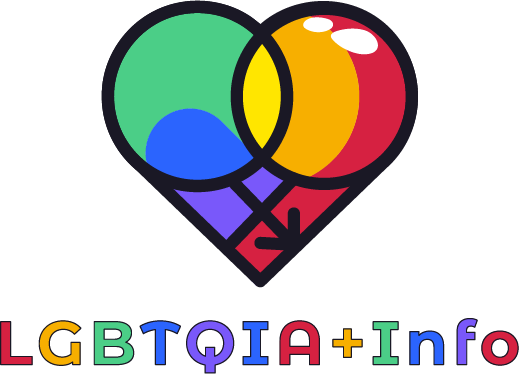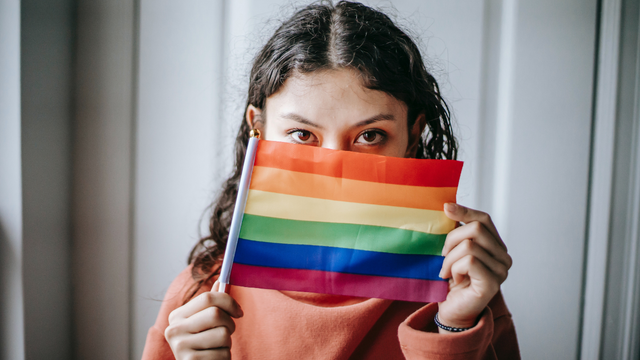The word “bisexual” refers to those who experience romantic attraction to both sexes. But, it wasn’t until very recently that this idea started to gain widespread acceptance and comprehension, despite the fact that it had been around for millennia. This page will discuss the definition of bisexuality, and the identity, and experience of bisexual people, and will provide answers to some often-asked questions concerning bisexuality.
Understanding the Term Bisexual
Bisexuals are those who experience romantic attraction from both sexes. An emotional or physical pull might bring about this attraction. One does not need to be in a relationship with both sexes or feel equally attracted to each in order to identify as bisexual.
What is Bisexual Identity?
One’s bisexual identity is their sense of who they are as a bisexual person. Some people may identify with this term to explain their attraction to people of other genders. For some, it is intrinsic to who they are and how they define themselves. Some people may also consider themselves pansexual, meaning they are attracted to people of any gender.

The Experience of Being Bisexual
Being bisexual may mean many different things to different people. Accepting and expressing the desire for more than one gender may be a freeing experience for some people. For others, navigating the biases and standards of society is a difficult ordeal. Within the LGBTQ+ community and beyond, bisexual people may also experience prejudice and erasure.
Common Myths and Misconceptions
There are many misunderstandings and myths regarding bisexuality that spread damaging stereotypes and discrimination. One such misconception is that being bisexual is only a passing phase or that those who identify as such are just confused. As a result, people who identify as bisexual may come to feel stigmatized and alone. Another misconception is that those who identify as bisexual are more prone to cheat on their partners. This misconception has no basis in reality, and it may lead to negative feelings and actions against bisexual people.
Bisexuality and Mental Health
A person’s mental health may also be affected by their bisexuality. Bisexual people may be more likely to suffer from depression, anxiety, and other mental health issues than the general population. Affirming and supporting options, such as counseling and community support groups, are crucial for people.

Conclusion
Those who identify as bisexual contribute significantly to the LGBTQ+ world. It’s a label for those who feel attraction to both sexes, and it may be an integral aspect of who someone is. Those who identify as bisexual should be supported while debunking harmful stereotypes about the community. One way to make the world a better place for everyone is to promote mutual respect and tolerance among its citizens.

